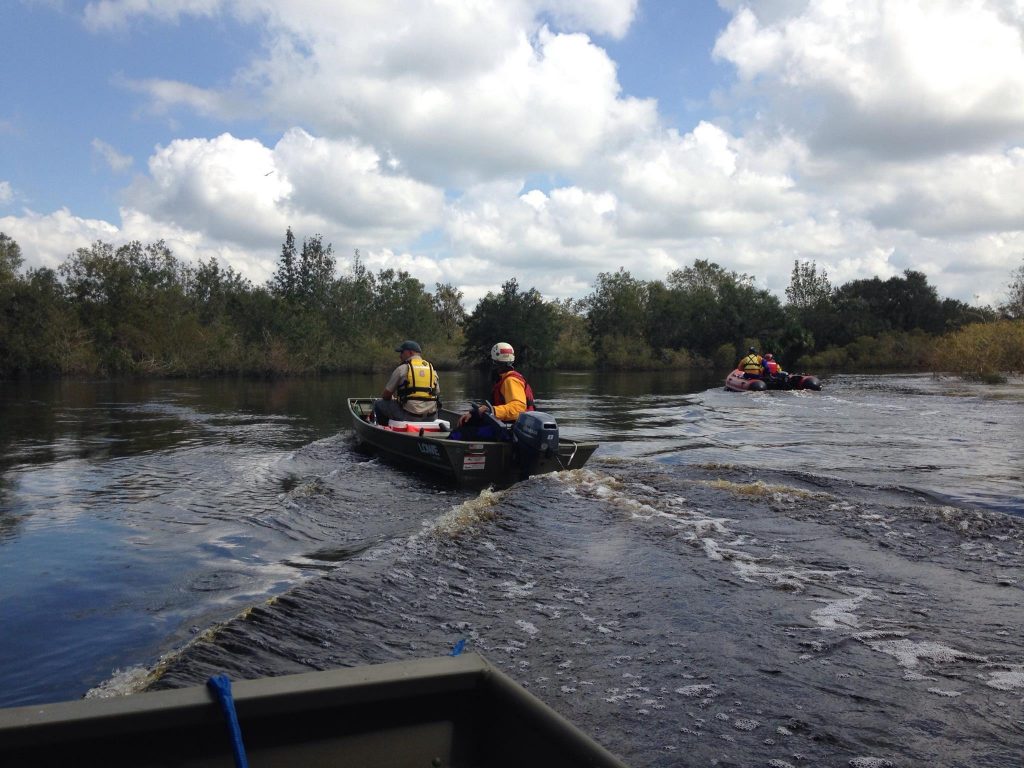The wrath of Hurricane Irma passed through Florida over the weekend, damaging homes and affecting thousands of Sunshine State residents. This week, Floridians are slowly returning to their homes, but with an estimated 6.5 million residents still without power and temperatures expected to reach into the mid 90’s, dangerous conditions await them.
As our American Humane Rescue team deploys to help those impacted by the storm, we ask that Floridian pet owners pay special attention to their animals—many of whom are under additional stress due to Hurricane Irma—to ensure they do not become overheated in the state’s high temperatures and mass power outages. To keep pets safe, please keep in mind the following tips:
Ensure pets have access to shelter, shade and fresh water at all times.
Displaced objects, fallen trees, dangerous downed power lines, and contaminated rainwater can disorient and harm pets. When letting a pet outdoors, keep them on a leash and close at hand. Ensure they have a shaded, sheltered area to return to, and provide plenty of fresh drinking water to prevent them from overheating and deter them from lapping up potentially contaminated pools of water left by the hurricane.
Never leave a pet in a parked vehicle.
If your home air conditioning unit isn’t functioning, it may be tempting to place your pet in the car to cool down…but never leave your pet in a parked vehicle alone. Even when it’s a comfortable 70 degrees outside, the temperature inside a parked car can climb to 90 degrees in just 10 minutes—and up to 110 degrees in less than hour—exposing pets to serious risks of discomfort, illness and even death.
Be aware of the signs of heat stroke.
Signs of heat stroke include excessive panting, dark or bright red tongue and gums, lethargy, stumbling, seizures, bloody diarrhea or vomiting, and coma. If you suspect your pet is suffering from heat stroke, you should seek veterinary treatment as soon as possible. You can provide some immediate treatment using cool (but not icy) water to lower your pet’s temperature by submerging the pet in a tub of water, wetting him with a hose or sponging him down. If your pet showed signs of heat stroke but has been cooled and now appears fine, do not assume that all is well. Internal organs, such as the liver, kidneys and the brain, are all affected by extreme body temperature elevation. It is best to have a veterinarian examine your pet to assess potential health complications and ensure that other risks are not overlooked.
Reports estimate that it may take weeks to fully restore electricity to Florida homes. With temperatures hovering in the 90’s and the state in disarray after Hurricane Irma’s hit, pet owners should keep in mind the safety of their four-legged family members.
Florida—and everyone affected by Hurricane Irma’s wrath—is in our thoughts during this difficult time.


